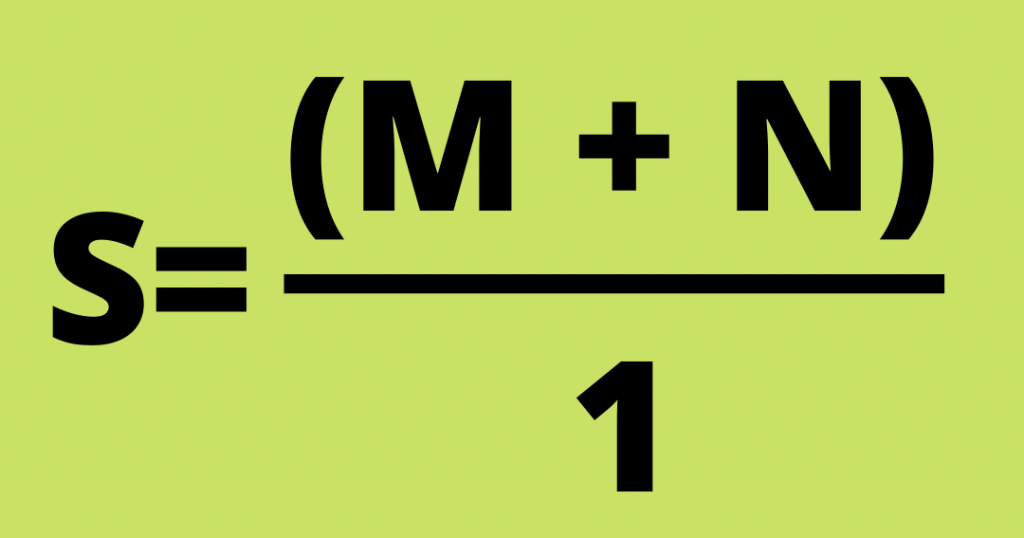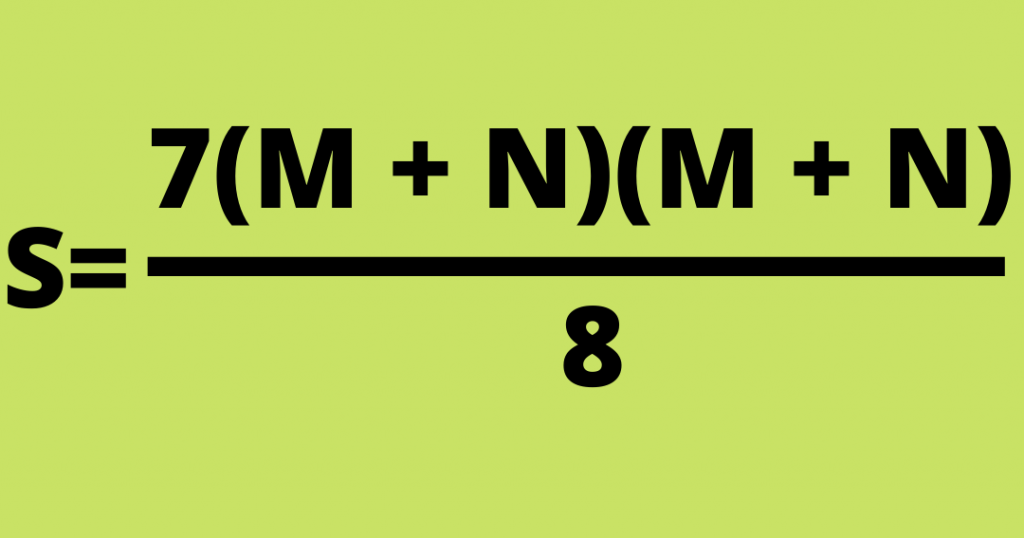“Sure, I’ll let you know by Friday.” No, you won’t. You know you won’t, I know you won’t, and you will have to be reminded to make the decision on Friday. How much time are we wasting with promises we don’t keep? Probably a lot more than you’d suspect. Let’s examine this topic and see what could happen in a world where we need to be reminded of everything.
When you reach a certain level of responsibility in your career, it is easy to quickly get snowed under. People who want something from you, deadlines to meet, meetings to attend, decisions to make, staff to appraise, applications to review, dossiers to put together. The list is endless, as a senior-level executive, your to-do list is a never-ending tumble down the rabbit hole.
Of course, it becomes tempting to just put some of these tasks on the backburner. Saying We’ll discuss it next week, I’ll let you know by…, Let’s meet and discuss it tomorrow. However, not keeping up with the task often creates a huge invisible cost.
Scenario 1: no reminders needed
“Mrs. McClure, we need to decide whether we extend Sophie Miller’s contract.”
“Sure, Nathan, I see that you’ve emailed me her performance review. I will read through it and I’ll let you know tomorrow.”
The following day, Tuesday, 10am:
“Nathan, here are my notes about Sophie’s review. I’ll let you talk to her.”
This is the ideal scenario. Mrs. McClure takes care of the task that only she has the authority to carry out and does so in a timely manner. Nathan does not have to worry about it and Sophie Miller will also receive a timely response. Things move forward, nobody’s time is wasted, nobody feels ignored.

Scenario 2: no reminders used
“Mrs. McClure, we need to decide whether we extend Sophie Miller’s contract.”
“Sure, Nathan, I see that you’ve emailed me her performance review. I will read through it and I will let you know tomorrow.”
The following day, Tuesday, 10am: Nothing happens.
The week goes on and draws to a close. The following Monday, the weekly meeting between Nathan and Mrs. McClure happens as usual.
“I still need an answer regarding Sophie Miller, Mrs. McClure. Today is her last day if we do not extend her contract.”
“…”
Chaos, confusion, trepidation – this is what happens next. Sophie does not get an answer in a reasonable time frame and she may have accepted a job with another company; Mrs. McClure ends up reading the employee review too quickly and without due care, leading her not to make the most apt decision; Nathan feels that his direct superior is incompetent and does not value his work.

Scenario 3: reminders needed
“Mrs. McClure, we need to decide whether we extend Sophie Miller’s contract.”
“Sure, Nathan, I see that you’ve emailed me her performance review. I will read through it and I will let you know tomorrow.”
The following day, Tuesday, 10am:
“Mrs. McClure, did you remember to check Sophie’s review?”
“Thank you for the reminder, I’ll do it now, Nathan.”
This may look like a better outcome than the second scenario. However, the results and the costs are just as negative, if not worse. While Sophie may not see any of this, both Nathan and Mrs. McClure are jeopardizing their efficiency. On the one hand, Nathan’s mental load is higher than it should be as he now believes that he cannot trust Mrs. McClure to keep her word. He has to babysit her on top of his regular tasks.
Mrs. McClure on the other hand also has to remember she was asked to do something (second mental load). She interrupts whatever she was doing after being reminded about the initial task, meaning both tasks are somewhat neglected, at least one ends up being rushed, and both are more prone to errors. There is also an unnecessary exchange of emails.
In the long run, Mrs. McClure’s unreliability causes extra work, has a negative impact on its quality, increases stress levels and the mental load. Furthermore, Nathan will now believe that he must send constant reminders for each task to ensure their on-time completion. The workflow is broken.
Instead of looking towards the outside, the future and its potential, we end up in a situation where two educated minds spiral downwards, because of trivial matters, and they might even go to procrastination street.

How can I become a reminder-free executive?
It is fine to resort to reminders; after all nobody can remember every single detail of their professional lives. Here are a couple of ways to deal with heavy workloads:
- Calendars and notifications
There are hundreds of tools, online and offline, that you can use to keep track of your tasks and their deadlines.
- PA and EA
If you have reached a certain level of responsibility, it may be beneficial to have your own personal assistant to take care of the nitty-gritty.
- Structured thinking
It is best to prioritise tasks that are time-sensitive and that enable your colleagues to complete their work.
- Proactively ask for a reminder
If you feel that the chance of you forgetting is high, simply be honest about it. Instead of promising, actively ask the other party to remind you of the topic at a specific time. It shouldn’t become a habit, but at least the question of whether the reminder is needed is clear.




